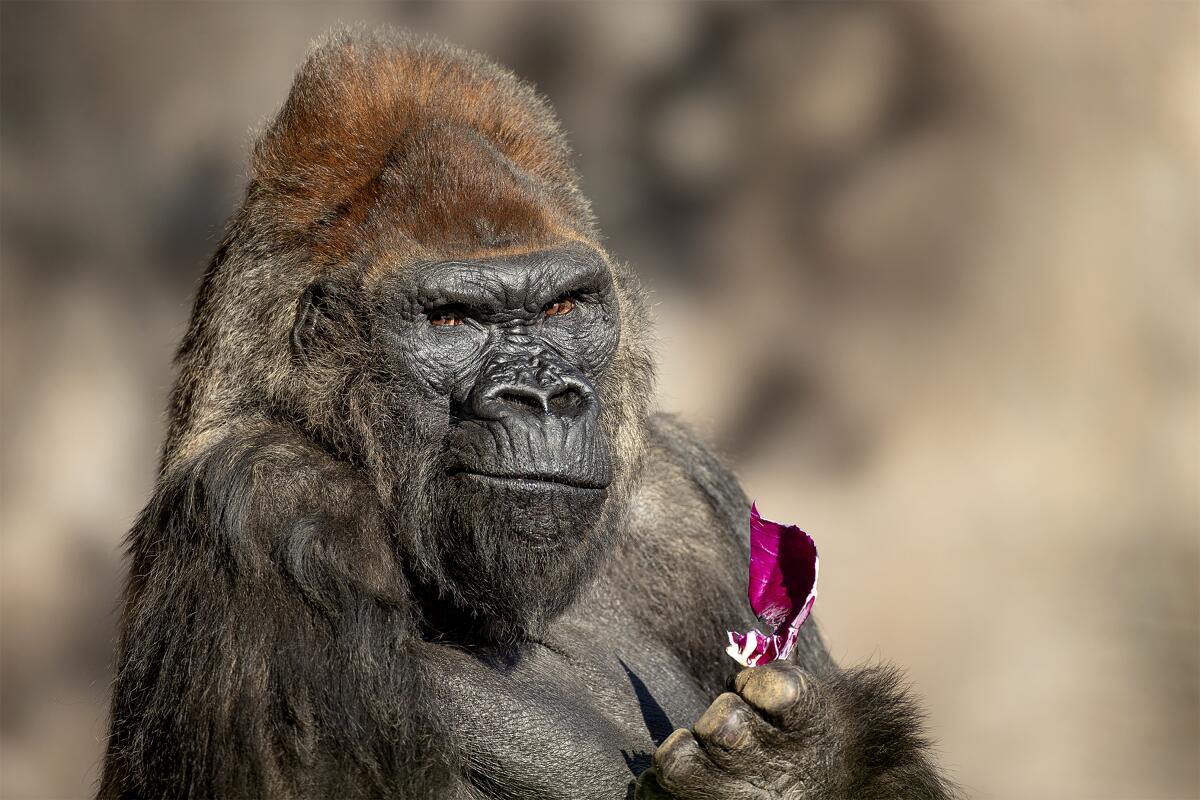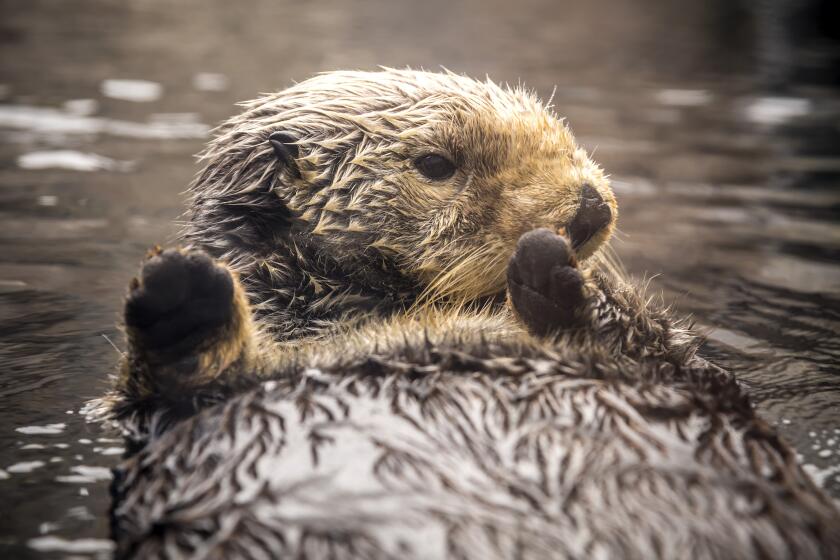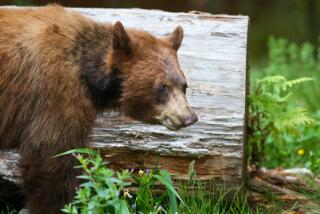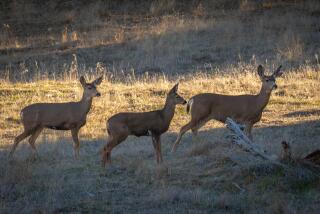Beloved gorilla Winston, second oldest in the U.S., euthanized at San Diego Zoo Safari Park

Winston, a beloved 52-year-old western lowland gorilla and one of the oldest silverbacks in the world, died Saturday at the San Diego Zoo Safari Park, officials announced.
The elderly gorilla had been fighting numerous health conditions associated with old age. However, park officials said Winston continued to serve as a leader and protector of his gorilla family at the zoo. Winston was the oldest gorilla in the San Diego park, and the second oldest in the United States. Ramses, a silverback that turned 53 this year, currently lives at the Fort Worth Zoo in Texas.
“This gentle giant will be remembered for his quiet strength, easygoing nature, and heart of gold,” the San Diego Zoo Safari Park announced on Facebook.
According to the zoo, Winston first arrived in 1984, a powerful-looking, scraggly-faced gorilla. But zookeepers would then find the rugged exterior hid a “sweet disposition” in the even-tempered giant.
When new keepers joined the gorilla team, according to the zoo, they often started working with Winston because the leader of the gorilla troupe was the most accepting of the group.
“If we are focused on another gorilla or are very busy, he’ll quietly rap on wall or door to get our attention,” said Peggy Sexton, former lead mammal keeper in a 2018 profile of Winston by the San Diego Zoo Wildlife Alliance. “It’s a very gentle, understated way of letting us know he wants our attention for something.”
But zoo officials had noticed multiple health issues as Winston got older.
Rosa was adopted by the Monterey Bay Aquarium in 1999 and served as surrogate mother for a record 15 otters. She outlived the life expectancy for wild southern sea otters.
“He had been receiving medical treatments for several age-related conditions including heart disease, degenerative joint disease, and kidney disease,” the park said on Facebook.
In 2021, Winston was also one of multiple gorillas who contracted the coronavirus during the pandemic, the first known transmission of the virus to great apes.
In a statement, park officials said Winston’s health had been worsening.
“After careful considering, stemming from furthering complications from his worsening conditions, and with Winston’s quality of life top of mind, wildlife health and care teams made the difficult decision to compassionately euthanize him,” the statement read.
News of Winston’s death generated an outpouring of comments and condolences, with more than 500 people commenting on the park’s Facebook page, including from the Gorilla Species Survival Plan, a group that works with 51 zoos across the country to improve the care of captive gorillas.
“Nest in peace, Winston,” the group posted on Facebook, referring to how gorillas in the wild build ground nests with branches and leaves.
More to Read
Sign up for Essential California
The most important California stories and recommendations in your inbox every morning.
You may occasionally receive promotional content from the Los Angeles Times.












